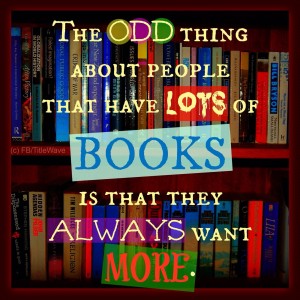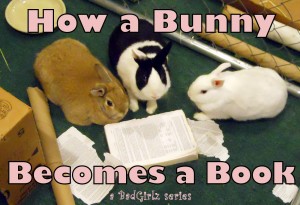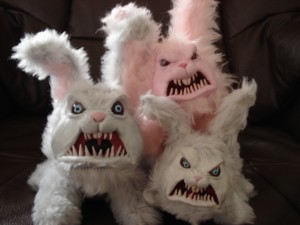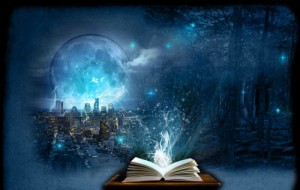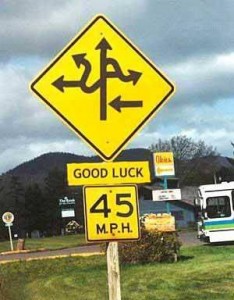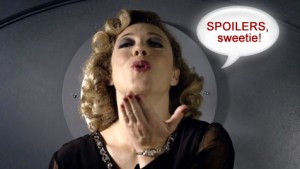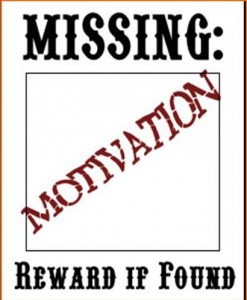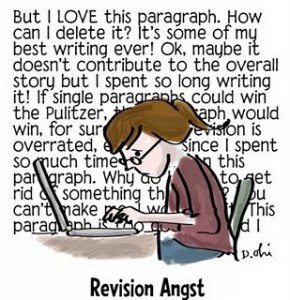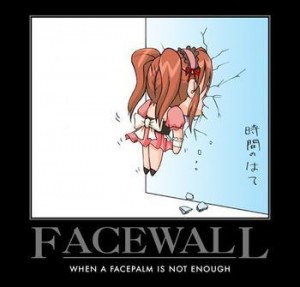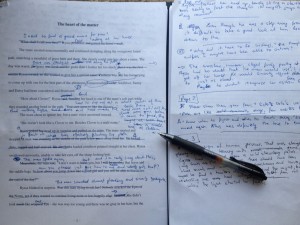So I had a conversation with an aspiring author on Twitter the other day, and something that she said just absolutely floored me.
She is writing fiction, and her latest project is a science fiction / space opera story. When I asked her what science fiction authors she likes and what books influenced her story, she said the following:
Oh, I don’t read fiction. I don’t want other authors to influence my voice.
I was shocked speechless at first and could only repeat after the 10th Doctor, “What? What!? What!?!”
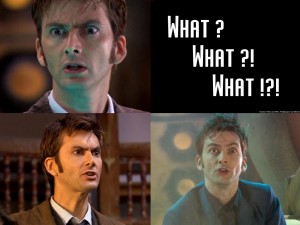
Frankly, I never shared the fear of some writers that reading books in their genre would somehow “contaminate” or alter their writing voice, but I can understand where they come from. It’s true that we tend to borrow something from every book we read, especially if we really like it. It can be a story idea, a plot twist or, yes, the writing style, but I don’t think that’s a bad thing.
I mean, how can you improve your voice and your writing skill if have nothing to compare them to? How can you ever mature as a writer, if you don’t read a wide variety of books?
It’s all good and well to say that you don’t want other authors to influence your own unique voice, but I believe that your voice will stay unique no matter what. Even if you try writing like Charles Dickens or Stephen King, you will still be you, and your personality will still shine between the lines. And by experimenting, you will understand what works for you and what doesn’t, thus improving your style.
On the other hand, how can you improve your voice and mature as a writer if you never read? There is no growth if you have nothing to compare yourself with. Sure, you can look back at your earlier works and strive to write better, but how do you know what that “better” is if you don’t read anything in your chosen genre? How can you even write in a genre if you’ve never read any books in it? That just baffles me.

I’m an avid reader. I read a lot of books in a wide variety of genres, both fiction and non-fiction. Heck, any time I need to do research for my own stories, I browse the Internet, then I hit the library for reference books. Right now, I’m reading a research paper on Shinto, the traditional Japanese religion, for my fantasy book Shadow Hunters. The spirits in my book are not exactly like the kami and yukai, but Shinto gave me many inspirations, and it’s just plain interesting to learn something new!
I am not afraid to “muddy” my voice by reading and being influenced by other writers, because I don’t think that it’s going to happen. I know that sometimes I would read a book and think, “I love how this author handles dialogue. It flows the seamlessly and feels natural.” So I would pay very close attention to how it’s done, then try to integrate that knowledge into my own writing. Does that alter my voice? Yes. Does it make it better? Absolutely!
So in my opinion, a good writer needs to be first and foremost an avid reader who is willing to learn from others. Everybody is influenced by everything going around them, be it a TV series they watch, a book they read or a video game they play. All of these influences will show up in our writing, whether we want it or not, but that’s a good thing. If we feed our brain with a steady diet of diverse and interesting entertainment, it will produce some wonderful plot bunnies for us to write about! So read on, get influenced by what others do, evolve! And have fun!
